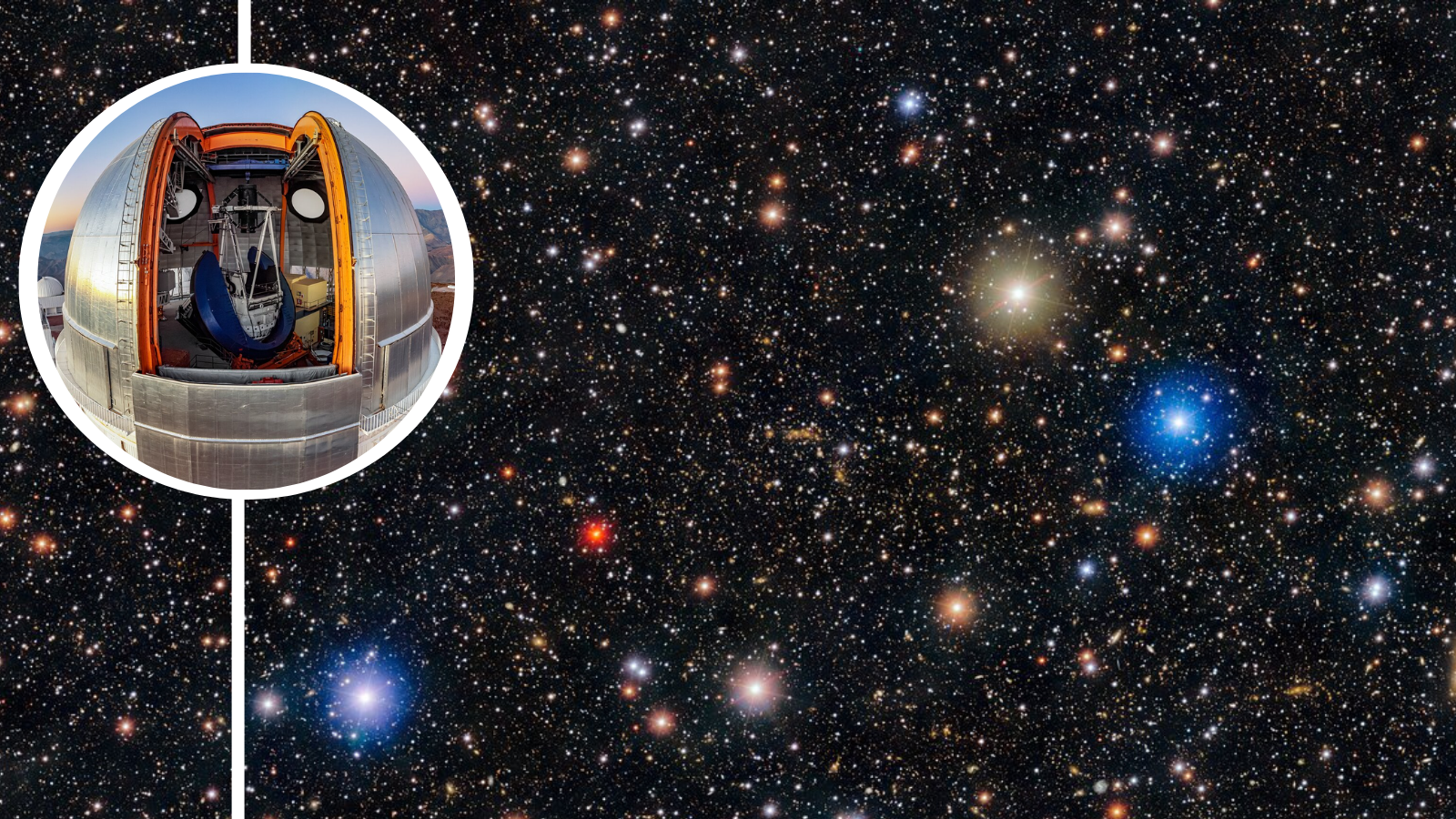Get Involved! Enter NASA’s Space Settlement Design Contest
"Iknow that humans will colonize the solar system and one day go beyond."Mike Griffin, NASA Administrator.
TheNational Space Society wants you to design your best space settlement - a placein space for you, your friends, and family to live, play and work. If designisn't your thing, then write a story, draw a picture, invent a weightlesssport, or come up with something entirely new about life in space. Then sendyour creation to NASA Ames Research Center by March 31st. Make itgood though, you'll be competing with hundreds of like-minded space enthusiastsin the 13th annual NASA Ames Space Settlement design contest for6-12th grade students. See http://www.nas.nasa.gov/About/Education/SpaceSettlement/Contest/for contest details and http://www.nas.nasa.gov/About/Education/SpaceSettlement/for all the research materials you need to design your very own home in space.
What if youhave too much homework to take the time to design a space colony right now? Maybe your teacher will integrate the contest into their lesson plan. Manyteachers have. Space settlement design is a terrific motivator, and winningprizes from NASA looks very good for the school and the teacher. You don't needto have school support to enter, but the contest is very teacher friendly. Many teachers have integrated the contest into the curriculum and theirstudents come back year after year. NASA provides materials to help educatorsuse the contest in the classroom at http://www.nas.nasa.gov/About/Education/SpaceSettlement/teacher.
Most, butnot all, entries are space settlement designs. Design questions include: Howbig is your colony? What shape? How many people? How is the water recycled?How is the food grown? What products does the colony export? What do people dofor fun? Is there a place for weightless sports? What do the houses looklike? How does the government work? Is there something special about thesocial system? How is the colony built? How is it maintained? The questionsare endless, but you don't need to answer them all. Choose the questions thatinterest you the most. That's the key to a good contest entry - do what youlike and do it well.
Thus, thecontest isn't limited to engineering. Many entries are artwork, some of whichcan be found on the NASA web site: http://www.nas.nasa.gov/About/Education/SpaceSettlement/Contest/Results/99/art/. Prizes have been won by short stories about life in space as well. Ifsports is your thing, how about inventing a sport that works well inweightlessness? Or perhaps write a paper on how traditional sports are changedwhen played in a rotating orbital space colony? There was one contestant thatcreated an ad campaign to attract colonists to a new settlement. Life in spacetouches every aspect of life on Earth. Let your imagination be your guide.
Whateveryour entry, remember that we are talking about space settlements, not spacestations. A space station is a place to work. A space settlement is a placeto live, to raise a family, to spend your whole life (except for vacations toEarth, the Moon, and orbital settlements!). Someday our solar system will befilled with thousands of giant orbiting space settlements, as well as colonieson the Moon, Mars and other bodies. Every colony will be a little, or very,different from every other one, depending on what the locals want. So be sureyour space settlement is a place that you would like to live in. Make itnice. Make it great. Make it a place where all your friends and favoritefamily members will want to live too. You are in control! Do it right.
Entries aredue by March 31st. Any 6-12th grader may enter solo orwith a team. 6-9th graders are judged separately from 10-12th,and solo efforts, small teams, and large teams each have their own categories.This year there is a special Life Support category with special emphasis onradiation protection, so start thinking about how to keep your space city'sresidents alive with radiation shielding, clean air, water, and good food!
Breaking space news, the latest updates on rocket launches, skywatching events and more!
Designs, essays, stories, models,artwork or any other orbital space settlement materials may be entered. Allparticipants receive a certificate, winners are invited to NASA Ames for atour, and the Grand Prize winner will have their entry hosted on a NASA website and anarticle published in Ad Astra. As if that's not enough, one entrant will behonored at ISDC 2006, the National Space Society's annual conference.
Whatare you waiting for? Get to work!
NOTE: The views of this article are the author's and do not reflect the policies of the National Space Society.
Visit SPACE.com/Ad Astra Online for more news, views and scientific inquiry from the National Space Society.
Richard was a contributing writer for Space.com covering human spaceflight, search for life, technology, and space exploration. He's been a business consultant for Elon Musk at SpaceX crafting a business model for their DragonLab spacecraft program, and served as CEO and Director of Zero Gravity Solutions Inc., one of the world’s first public companies designing new products and tech on the Space Shuttle and the International Space Station for use here on Earth. He's currently the executive director of OrbitalAg, Inc. and based in Florida.
